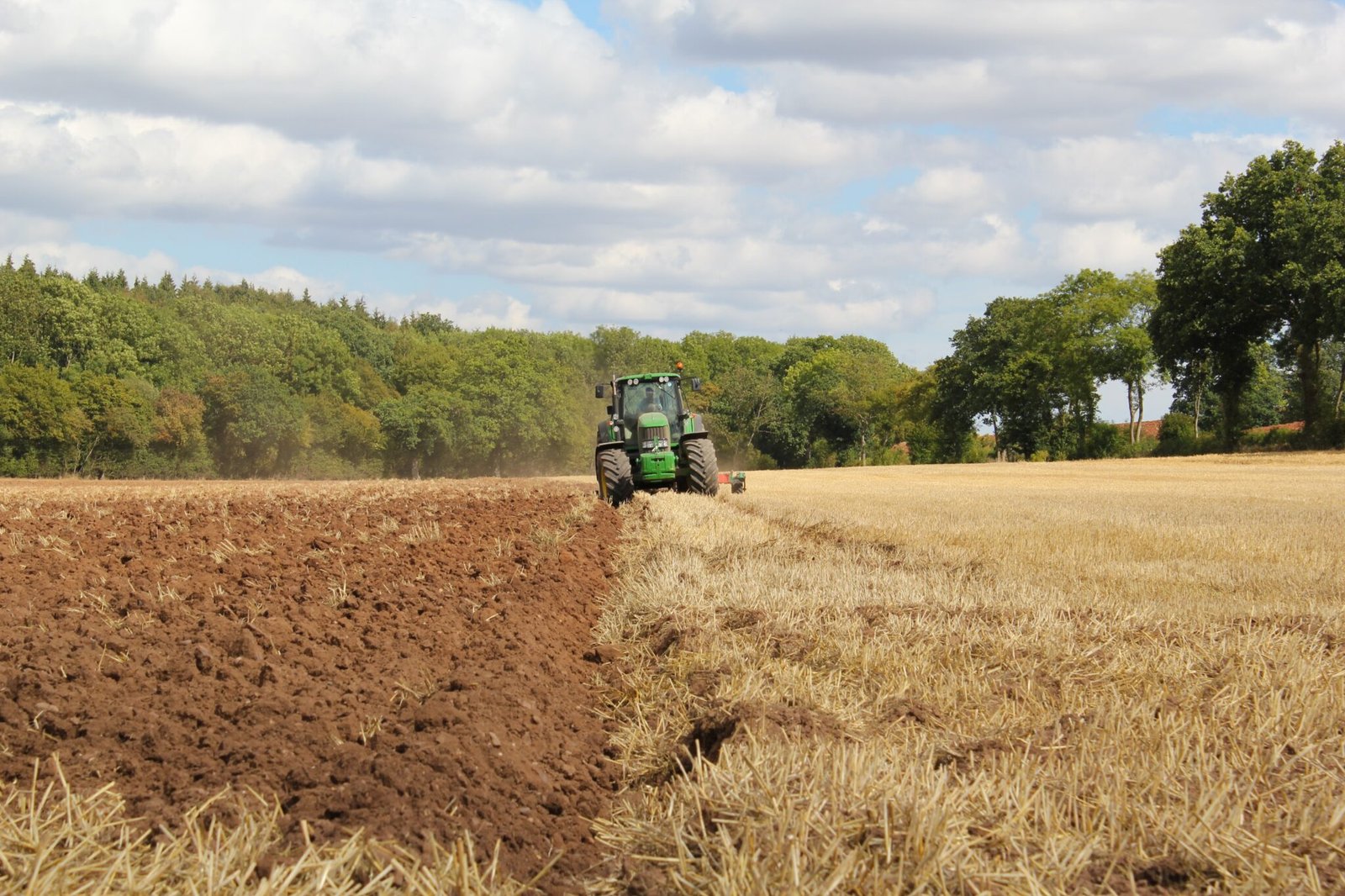Little Known Facts About urban gardening phoenix.
Little Known Facts About urban gardening phoenix.
Blog Article

City gardening, a thriving concept reshaping the metropolitan landscape, is becoming increasingly popular among city dwellers looking for a link with nature. This 600-word article delves into the facets of urban gardening, from its basic definition to its diverse designs and benefits, with a particular focus on its implementation in cities like Phoenix and its difference from urban agriculture and community gardening.
What is Urban Gardening?
Urban gardening is the practice of growing plants, including flowers to vegetables, in an urban environment. This can involve balcony gardening, rooftop terraces, or small community plots. Contrary to traditional gardening, urban gardening often requires innovative solutions to space constraints, leading to imaginative designs and techniques.
Urban Gardening Design
Design in urban gardening is a crucial element, enabling for the optimization of limited space. Popular designs feature vertical gardens, container gardens, and the use of trellises. These designs not only improve the aesthetic appeal of urban spaces but also contribute to the well-being of city residents by providing greenery and fresh produce.
Urban Gardening Designs vs. Urban Agriculture
Although urban gardening concentrates on small-scale cultivation mainly for personal or community use, urban agriculture tends to be more extensive, sometimes involving commercial aspects. Community gardening, a subset of urban gardening, highlights communal efforts and shared spaces for cultivation.
Urban Gardening in Phoenix
Urban gardening in Phoenix, Arizona, demonstrates how gardening practices can be adapted to different climatic conditions. In Phoenix, water conservation and the use of native, drought-resistant plants are essential components of successful urban gardening.
Urban Organic Gardening
Urban organic gardening is a sustainable approach that eschews synthetic fertilizers urban gardening and pesticides, focusing instead on natural growth methods. This practice is vital for those looking to contribute positively to the environment and promote a healthier lifestyle.
Urban Gardening Projects
Throughout the globe, many urban gardening projects show the versatility and community-building potential of this practice. These projects range from small rooftop gardens in high-rise buildings to larger community plots that supply fresh produce to urban residents.
Urban Vegetable Gardening
Urban vegetable gardening is a rewarding aspect of urban gardening, allowing city urban gardening design dwellers to cultivate their own food. This practice encourages food security, reduces the carbon footprint associated with transporting produce, and offers fresher and more nutritious produce.
Urban Gardening Book Recommendations
For those looking to delve deeper into urban gardening, several books offer important insights and tips. Titles like "The Urban Gardener" by Matt James or "Urban Gardening for Beginners" offer practical advice and design ideas to convert any small space into a thriving garden.
Conclusion
Urban gardening is more than just a trend; it's a lasting and enriching practice that introduces nature into the concrete jungle. Whether it's through designing a small balcony garden in Phoenix or participating in a community garden project, urban gardening offers a plethora of benefits and opportunities for personal growth and environmental sustainability. It's a movement that not only enhances urban spaces but also cultivates community spirit and a deeper connection with our food sources. As more people turn to urban gardening, we {see|